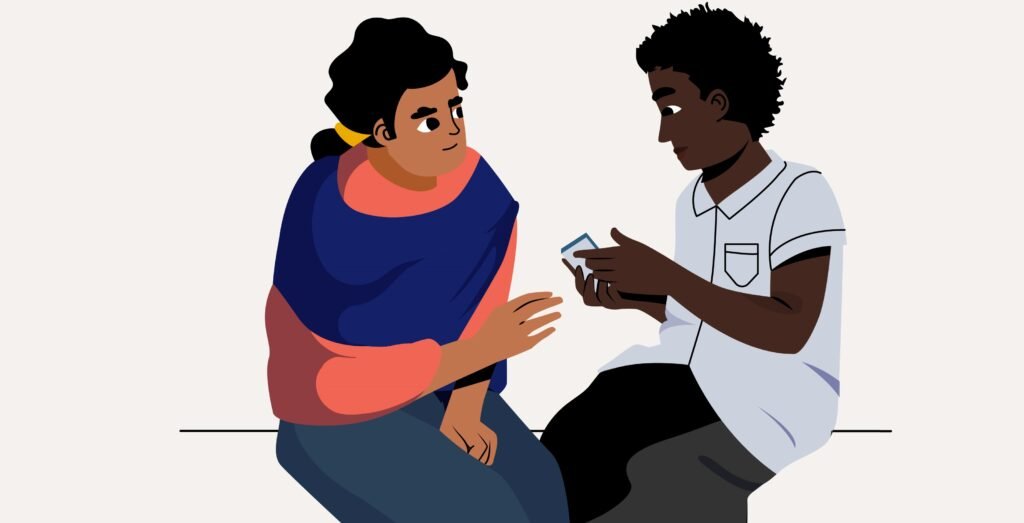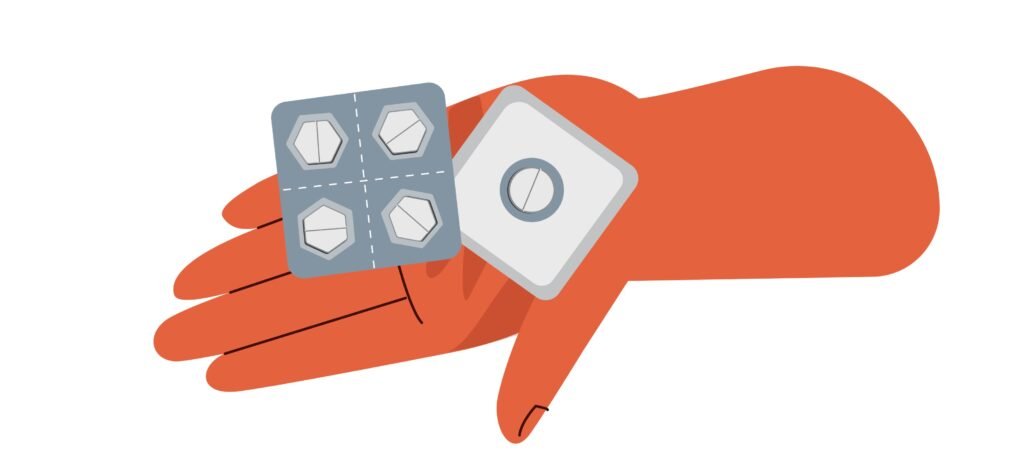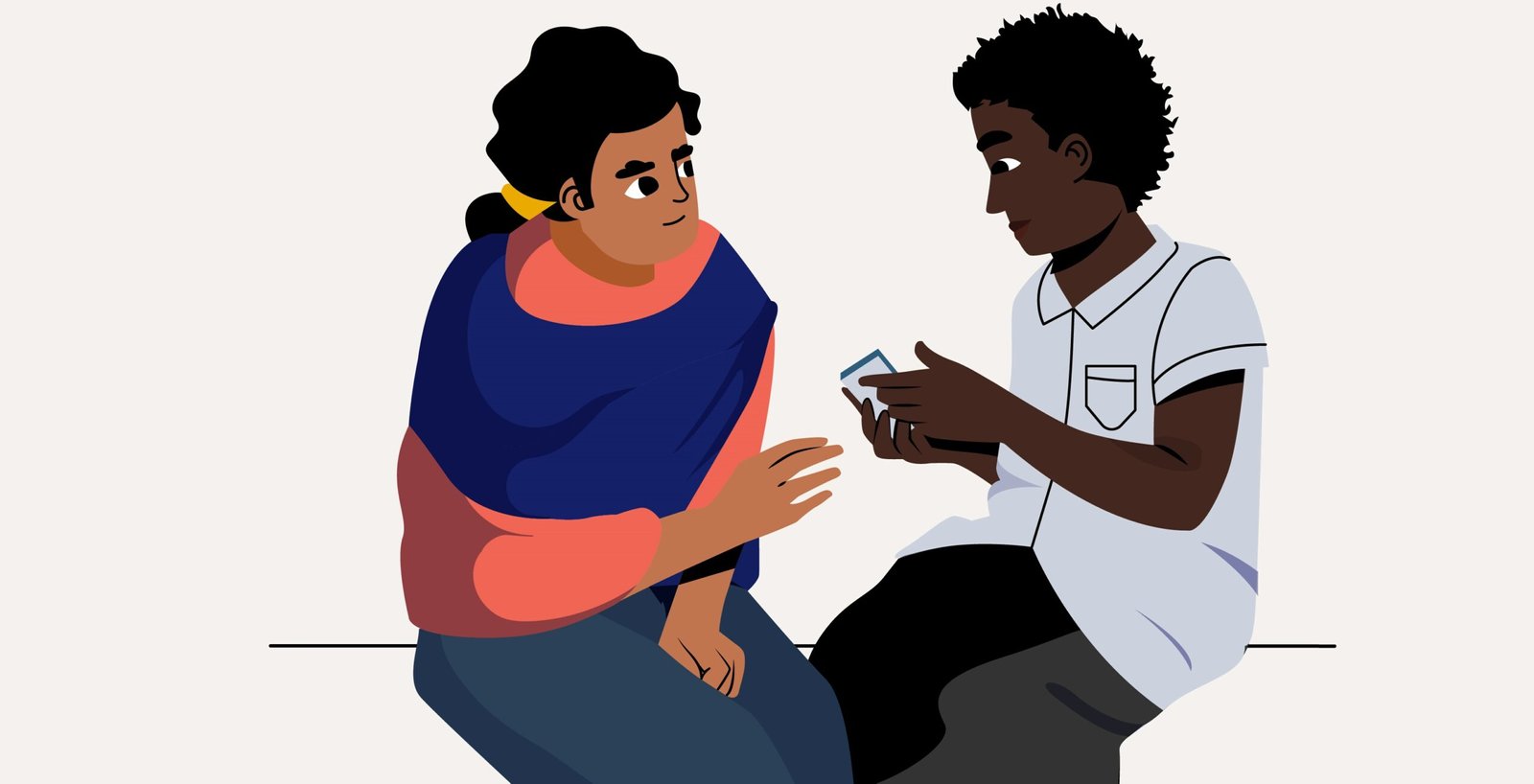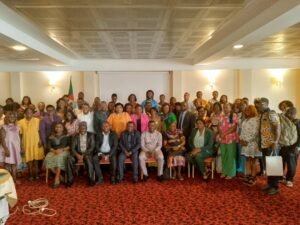Nairobi – 20th September 2022 – International Planned Parenthood Federation (IPPF) and HowToUseAbortionPill.org have developed a free online medical abortion training course to equip healthcare workers with the necessary skills to provide care for women seeking medical abortion up to 13 weeks’ gestation. The course is aimed at the full range of providers, including physicians, midwives, pharmacists, medical students and community health workers.

The course, which has been endorsed by the International Federation of Gynecology and Obstetrics (FIGO), is a seven-lesson video series accessible via the link https://elearning.howtouseabortionpill.org. It covers an overview of abortion care; how to support a medical abortion; symptoms, side effects and complications; and aftercare. The training is framed around four principles of care: person-centred care, rights-based care, quality, and privacy and confidentiality.
“Abortion care continues to be left off medical training curriculums,” said Mallah Tabot, Lead SRHR Programming at IPPF Africa Region. “This online course will fill a critical gap in the education of many health workers. It has the potential to significantly increase the number of health workers with the skills and knowledge to provide abortion care, especially in low-resource settings, and thereby increase the number of women supported to safely end a pregnancy.”

Unsafe abortion remains a serious global threat to women’s health and safety, causing an estimated 7 million hospitalizations and up to 13% of all maternal deaths worldwide each year.
Medical abortion is a non-invasive method using two pills – mifepristone and misoprostol – or misoprostol alone. Medical abortion is safe and effective and is recommended by the Word Health Organisation (WHO).
Between 2015 and 2019 in Kenya, there were a total of 2,380,000 pregnancies annually. Of these, 1,450,000 pregnancies were unintended and 551,000 ended in abortion. in Nigeria, there were a total of 10,500,000 pregnancies annually with 2,990,000 unintended and 1,430,000 ended in abortion. In both countries, abortion is legal to preserve the pregnant person’s health. However, a majority of abortions are carried out by unqualified practitioners who run unsafe clinics.
“Research shows that when women cannot access safe abortion care, they often seek unsafe methods,” said Rebecca Wilkins, Technical Lead, Abortion at IPPF. “This training course provides the information and resources necessary for health workers to support women who choose to have a safe abortion with pills in early pregnancy either within or outside a clinical setting.”
The course is hosted on a login-based web portal which can be accessed from desktop or mobile and is structured to be an interactive learning experience, complete with quizzes and an option to download a certificate upon successful completion.
In March this year, WHO issued new guidelines on abortion care. The updated guidelines contain more than 50 recommendations covering clinical practice, health service delivery, and policy and legal actions including ensuring access to quality medical abortion pills. The new online training course is aligned to the clinical protocols recommended in the WHO guidelines.
A landmark ruling by the High Court of Kenya in Malindi this year affirmed the right to abortion as a fundamental right under the Kenyan Constitution. The ruling in a case filed by the Center for Reproductive Rights and Reproductive Health Network Kenya (RHNK) in 2020 against government officials involved the arrest of a minor and a clinician. It has set a precedent against arbitrary arrests and prosecution of patients and health care providers for seeking or offering abortion services. Such arrests and prosecutions are now deemed illegal according to the new ruling.
ABOUT IPPF AFRICA REGION (IPPFAR)
The International Planned Parenthood Federation Africa Region (IPPFAR) is one of the leading sexual and reproductive health (SRH) service delivery organizations in Africa and a leading sexual and reproductive health and rights (SRHR) advocacy voice in the region. Headquartered in Nairobi, Kenya, the overarching goal of IPPFAR is to increase access to SRHR services to the most vulnerable youth, men and women, in sub-Saharan Africa.
Supported by thousands of volunteers, IPPFAR tackles the continent’s growing SRHR challenges through a network of Member Associations (MAs) in 40 countries. We do this by developing our MAs into efficient entities with the capacity to deliver and sustain high-quality, youth-focused and gender-sensitive services.
We work with Governments, the African Union, Regional Economic Commissions, the Pan-African Parliament, and United Nations bodies, among others, to expand political and financial commitments to sexual and reproductive health and rights in Africa.
IPPF Africa Region





